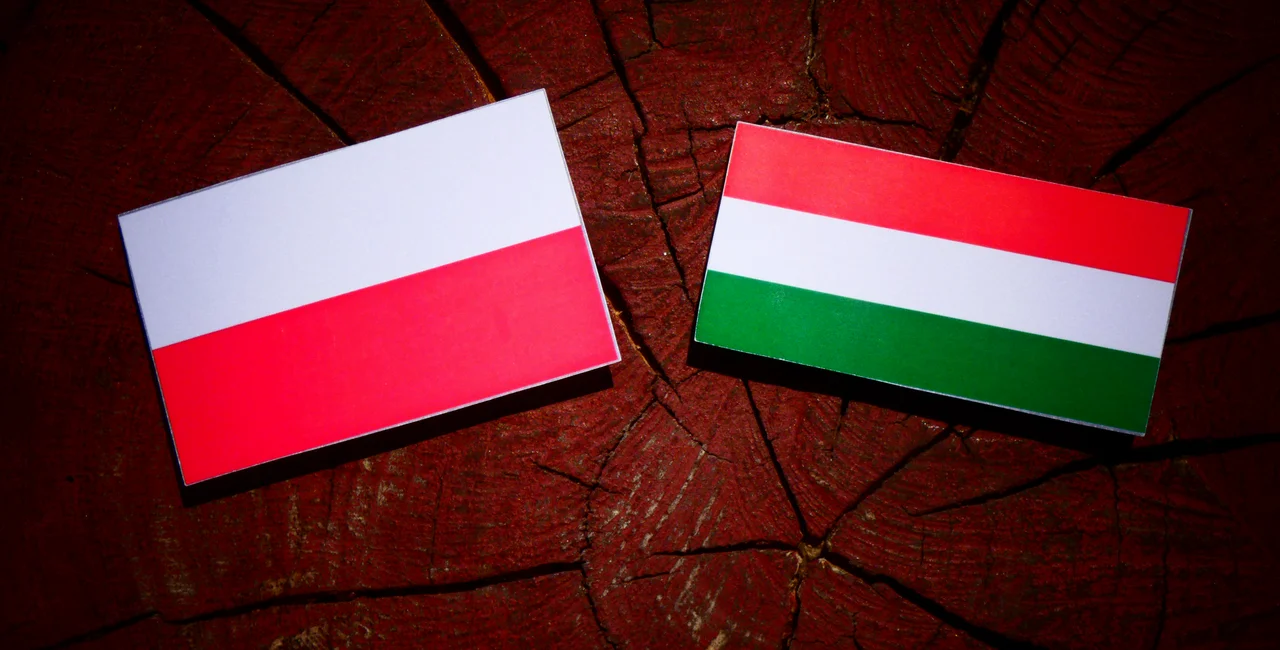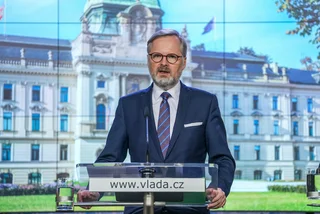Prime Minister Petr Fiala said Tuesday that Poland and Hungary’s blocking of an EU refugee-relocation deal is “detrimental to the interests of Czechia.” Fiala emphasized the need to find an EU-level solution for refugees coming into Europe; the bloc tried to pass a bill that mandated states to accept a proportion of refugees.
Fiala expressed concerns on Twitter that the blocking of the bill would prevent Czechia from receiving EU money to help asylum seekers coming from Ukraine. Poland and Hungary both say that they should have total sovereignty over who enters their territory.
Fiala, who met interim Slovak counterpart Ľudovít Ódor Tuesday, commended the improved collaboration between Czechia and Slovakia in dealing with illegal migration. Fiala said that Czechia and Slovakia share views on illegal migration, emphasizing the importance of bolstering the protection of the EU's external borders and enhancing the effectiveness of the return policy.
Regarding the actions of Poland and Hungary, Fiala clarified that Poland and Hungary did not reject the EU Council's migration pact, but raised objections to certain aspects of migration policy. He deemed this stance unreasonable, as the migration pact presents an opportunity to bring about changes in migration and asylum policy.
Jsem velmi rád, že pan premiér @LudoOdorPM pÅ™ijal mé pozvánà a mohl jsem ho pÅ™ivÃtat v Praze.
— Petr Fiala (@P_Fiala) July 4, 2023
Shodujeme se v pohledu na Å™eÅ¡enà nelegálnà migrace –â na lepÅ¡Ã ochranÄ› vnÄ›jÅ¡Ã hranice, zrychlenà návratové politiky a že je potÅ™eba hledat Å™eÅ¡enà tohoto problému na evropské úrovni.… pic.twitter.com/Y3hbwTTken
Fiala stresses need for cooperation
Fiala highlighted the positive outcomes expected from the migration pact, such as: addressing asylum procedures at the borders, strengthening the external border, and taking concrete steps with third countries to manage migration. He underlined the importance of pursuing broader European cooperation rather than just focusing on Visegrád Group nations.
Last year, Czechia and Slovakia themselves entered a tense debate over border checks; the former had imposed controls on the Czech-Slovak border to prevent waves of illegal immigrants entering Czechia. Slovakia disapproved of the action, citing delays at the border especially for truck drivers.
Both Czech and Slovak prime ministers emphasized the importance of strengthening the borders of the Schengen area, and of Czechia and Slovakia's external borders. In 2022, Czechia’s immigration police revealed that 29,235 illegal immigrants were arrested on the country's territory, a 160 percent year-on-year increase.













 Reading time: 2 minutes
Reading time: 2 minutes 




























